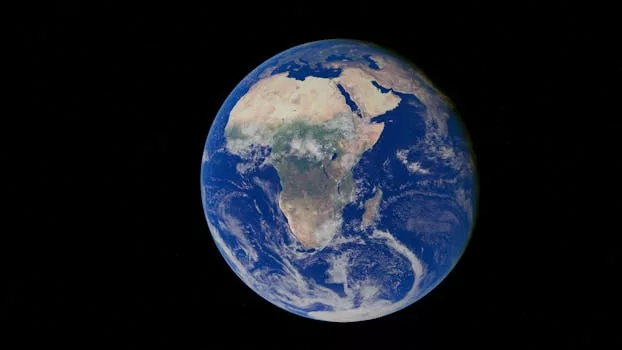
“
From Stardust to Dreams: Imagining Life Beyond the Stars – Space Exploration
Space Exploration has long fascinated humanity, and the prospect of life beyond Earth is a tantalizing one. From the humble beginnings of our universe to the search for extraterrestrial life, the journey to explore the unknown is a complex and intriguing one. In this article, we will delve into the possibilities of life beyond the stars, exploring the scientific, philosophical, and cultural implications of such a discovery.
The Origins of Our Universe
The formation of our universe is a story of breathtaking complexity, with the Big Bang theory providing the framework for our understanding of the cosmos. Approximately 13.8 billion years ago, a singularity expanded rapidly, giving rise to the universe as we know it today. The early universe was a swirling vortex of matter and energy, with particles coalescing into atoms, then molecules, and eventually, the first stars and galaxies. The building blocks of life, including carbon, hydrogen, and oxygen, were forged in the hearts of these ancient stars, scattered throughout the universe by supernovae explosions.
The Search for Life Beyond Earth
The search for life beyond Earth is a multifaceted endeavor, with scientists employing a range of strategies to detect biosignatures, including the study of exoplanet atmospheres, the search for radio signals, and the investigation of extremophiles on Earth. The discovery of exoplanets, particularly those located in the habitable zones of their respective stars, has reinvigorated the search for life beyond our planet. Missions such as the Kepler Space Telescope and the Transiting Exoplanet Survey Satellite (TESS) have revealed thousands of exoplanets, many of which are believed to be rocky worlds, potentially capable of supporting life.
Philosophical and Cultural Implications
The possibility of life beyond Earth raises fundamental questions about our place in the universe, challenging our understanding of the cosmos and our role within it. The discovery of extraterrestrial life, whether microbial or intelligent, would have far-reaching implications for human culture, philosophy, and society. It would prompt us to reexamine our values, our beliefs, and our understanding of the universe, potentially leading to a new era of cooperation, innovation, and exploration. The search for life beyond Earth is, in itself, a testament to humanity’s innate curiosity and drive to explore, to discover, and to push the boundaries of what is thought possible. For more on this topic, check out Charting New Realms.
Takeaways
- The universe is approximately 13.8 billion years old, with the Big Bang theory providing the framework for our understanding of the cosmos.
- The building blocks of life, including carbon, hydrogen, and oxygen, were forged in the hearts of ancient stars and scattered throughout the universe by supernovae explosions.
- The search for life beyond Earth is a multifaceted endeavor, with scientists employing a range of strategies to detect biosignatures.
- The discovery of exoplanets, particularly those located in the habitable zones of their respective stars, has reinvigorated the search for life beyond our planet.
- The possibility of life beyond Earth raises fundamental questions about our place in the universe, challenging our understanding of the cosmos and our role within it.







